Ljajić refutes Hague president's allegations
Rasim Ljajić has dismissed Hague Tribunal President Fausto Pocar's accusations that Serbia is not cooperating with that institution.
Tuesday, 24.06.2008.
11:10

Rasim Ljajic has dismissed Hague Tribunal President Fausto Pocar's accusations that Serbia is not cooperating with that institution. Pocar informed the UN Security Council that Serbia was not cooperating in the trial of former Serbian President Milan Milutinovic or of five of Milutinovic’s co-accused. Ljajic refutes Hague president's allegations The head of the National Council for Cooperation with the Hague Tribunal retaliated, claiming that the Tribunal president’s letter was a form of pressure, just at the moment when Stojan Zupljanin’s arrest proved the contrary. Pocar reported the Serbian authorities for not issuing a subpoena to the former head of military security, retired General Aleksandar Dimitrijevic, to testify at Milutinovic’s trial. Dimitrijevic has already testified at the Hague on a number of occasions, among others, at the trial of Slobodan Milosevic, but now, according to the Tribunal president, he is not available to the court. Hague spokeswoman Nerma Jelacic told B92 that the Tribunal had tried every possible avenue to reach the general, but had thus far received no help from the Serbian authorities, and that this was the reason Pocar had decided to report Serbia to the Security Council. “The Tribunal expects to receive a clear and full answer on this matter from Serbia, from the authorities—why has something sought from them not been carried out? And, that’s what President Pocar has been trying to get these last few months, together with the trial chamber in the Milutinovic case, but no reply has ever come from the Serbian authorities,“ explained Jelacic. Ljajic responded that Serbia had complied with everything that the Hague had requested linked to that witness, and that if the Tribunal sent a new request, the Serbian authorities would do everything in their power to answer it. “We’ve had regular communication with the Tribunal over the Aleksandar Dimitrijevic case. We couldn’t deliver a subpoena the first time because no-one was at home, the second time we received complete medical documentation where you can see that Dimitrijevic had heart surgery in the U.S., that doctors recommended rehabilitation and convalescence, and that he could not appear at the Tribunal when he was supposed to,“ the head of the National Council explained. He stressed that Pocar’s letter to the Security Council was added pressure on Serbia at a time when the recent arrest of Stojan Zupljanin showed that Serbia was cooperating with the Hague. “Quite simply, this policy of constant threats, ultimatums, blackmail and pressure on Serbia is counter-productive from the point of view of the basic aim, which is to close this chapter as a partnership, for all the suspects to end up in the Hague, and for the truth to be established and justice to be served in the end,“ said Ljajic. He said that thus far, 500 witness had been released from their oath to state secrecy, and that he would reply to Pocar’s letter today, because, as he put it, Serbia had nothing to hide. Rasim Ljajic (FoNet, archive)
Ljajić refutes Hague president's allegations
The head of the National Council for Cooperation with the Hague Tribunal retaliated, claiming that the Tribunal president’s letter was a form of pressure, just at the moment when Stojan Župljanin’s arrest proved the contrary.Pocar reported the Serbian authorities for not issuing a subpoena to the former head of military security, retired General Aleksandar Dimitrijević, to testify at Milutinović’s trial.
Dimitrijević has already testified at the Hague on a number of occasions, among others, at the trial of Slobodan Milošević, but now, according to the Tribunal president, he is not available to the court.
Hague spokeswoman Nerma Jelačić told B92 that the Tribunal had tried every possible avenue to reach the general, but had thus far received no help from the Serbian authorities, and that this was the reason Pocar had decided to report Serbia to the Security Council.
“The Tribunal expects to receive a clear and full answer on this matter from Serbia, from the authorities—why has something sought from them not been carried out? And, that’s what President Pocar has been trying to get these last few months, together with the trial chamber in the Milutinović case, but no reply has ever come from the Serbian authorities,“ explained Jelačić.
Ljajić responded that Serbia had complied with everything that the Hague had requested linked to that witness, and that if the Tribunal sent a new request, the Serbian authorities would do everything in their power to answer it.
“We’ve had regular communication with the Tribunal over the Aleksandar Dimitrijević case. We couldn’t deliver a subpoena the first time because no-one was at home, the second time we received complete medical documentation where you can see that Dimitrijević had heart surgery in the U.S., that doctors recommended rehabilitation and convalescence, and that he could not appear at the Tribunal when he was supposed to,“ the head of the National Council explained.
He stressed that Pocar’s letter to the Security Council was added pressure on Serbia at a time when the recent arrest of Stojan Župljanin showed that Serbia was cooperating with the Hague.
“Quite simply, this policy of constant threats, ultimatums, blackmail and pressure on Serbia is counter-productive from the point of view of the basic aim, which is to close this chapter as a partnership, for all the suspects to end up in the Hague, and for the truth to be established and justice to be served in the end,“ said Ljajić.
He said that thus far, 500 witness had been released from their oath to state secrecy, and that he would reply to Pocar’s letter today, because, as he put it, Serbia had nothing to hide.






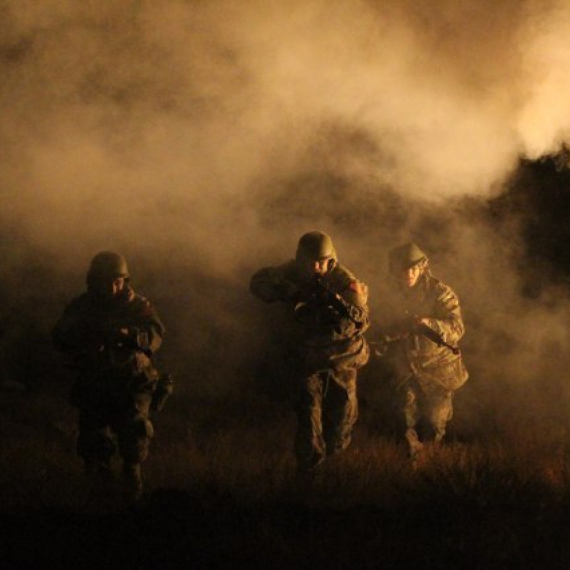




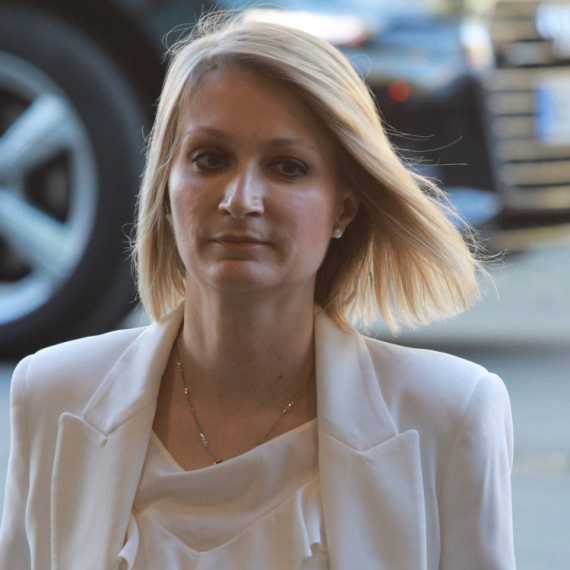

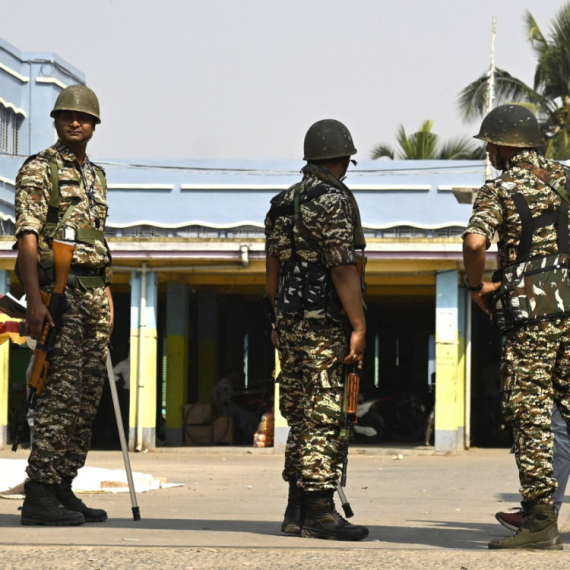


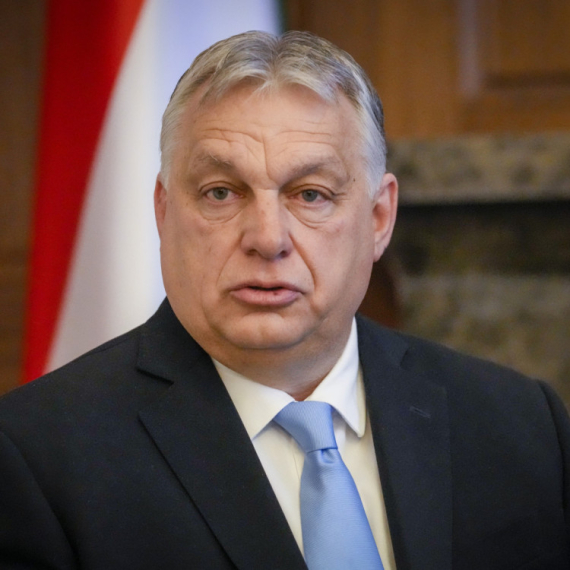
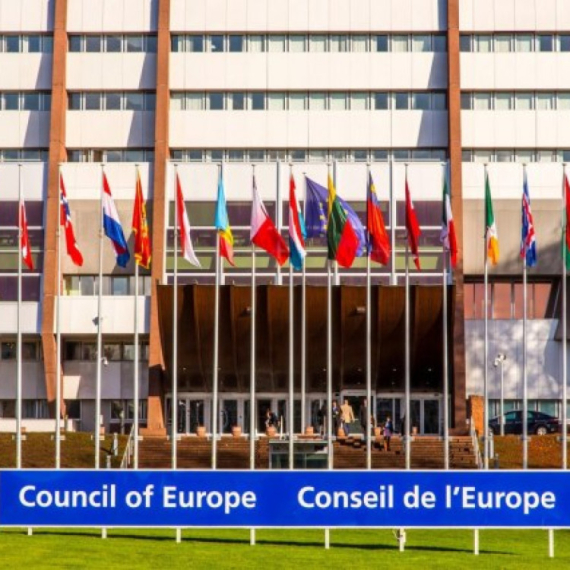




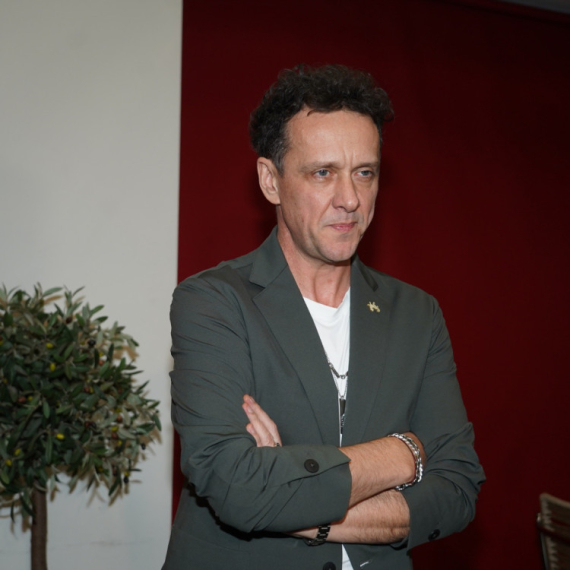



















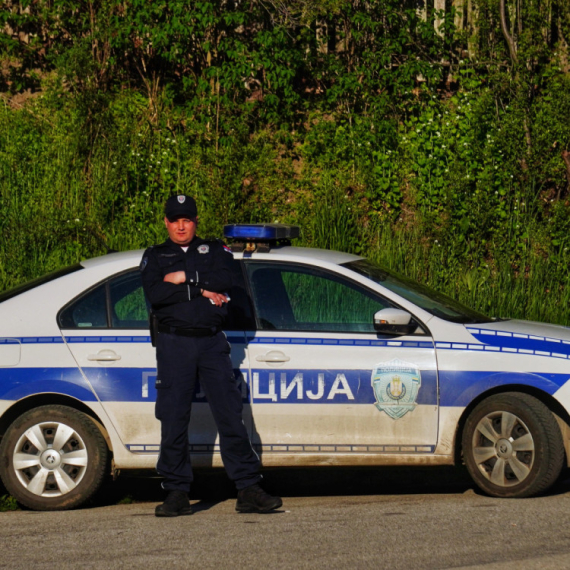
















Komentari 0